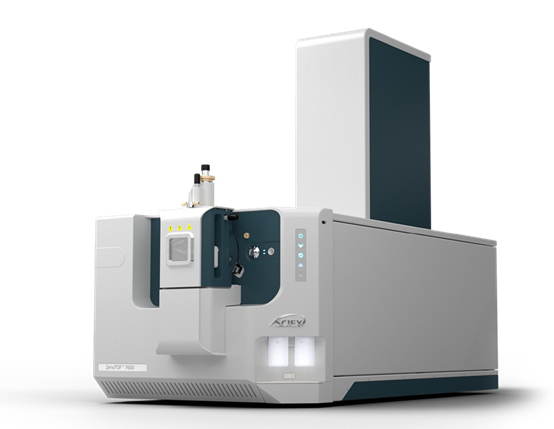
Image Caption: ZenoTOF 7600 LC-MS/ MS system
SCIEX, a global leader in life science analytical technologies, presents the ZenoTOF 7600 system, a new accurate mass LC-MS/ MS instrument.
The new system enables scientists to identify, characterize and quantify molecules better than ever before by generating data that has been previously unattainable. This breakthrough will solve real analytical challenges and help advance the development of new precision diagnostics and biotherapeutics.
The ZenoTOF 7600 system includes the proprietary Zeno trap and electron activated dissociation (EAD) fragmentation for the first time in a commercial instrument. Zeno trap pulsing overcomes the traditional duty cycle challenges of orthogonal TOF technology, delivering up to 20x the sensitivity and enabling the routine detection of important lowabundant molecules. In combination, tuneable EAD fragmentation ensures novel structural information can be extracted and quantified from diverse compound types – a capability that is not possible by using high resolution alone.
“ The fact that we can now add alternative fragmentation to our existing workflows, and with higher sensitivity at the same time is really extraordinary. It’s a real change in how data are generated and the biological insight we can get” Matt Champion, Associate Professor, University of Notre Dame.
Extraordinary sensitivity in combination with EAD fragmentation will push new boundaries in biomarker discovery and biopharmaceutical therapies.
The ZenoTOF 7600 system will help scientists uncover more and better biomarkers, bringing us closer to true precision medicine where the right drug is given to the right patient at the right time.
Compared to previous systems, the ZenoTOF 7600 system can quantify up to 40% more proteins and analyze samples 5x faster for large biobank studies. In addition, EAD fragmentation brings new capabilities to understand how the proteins are post-translationally modified – an important but challenging area in biomarker research.




